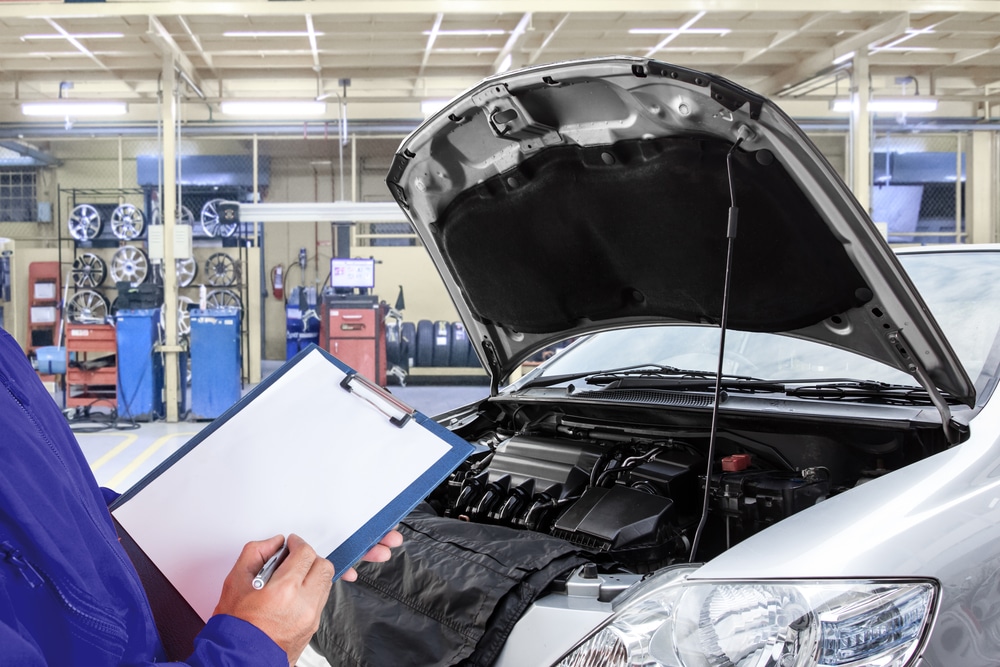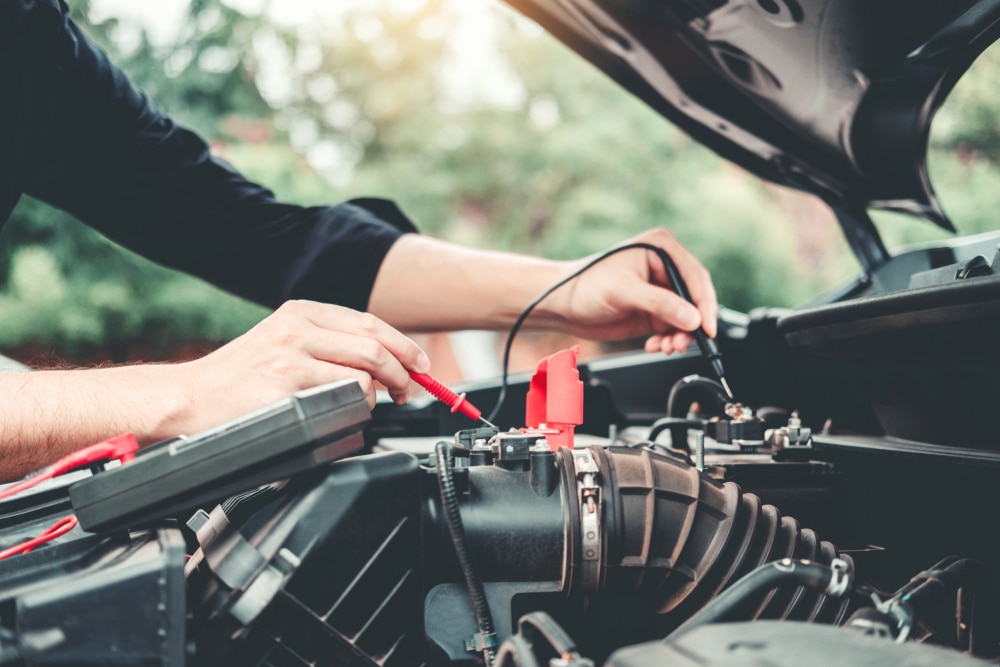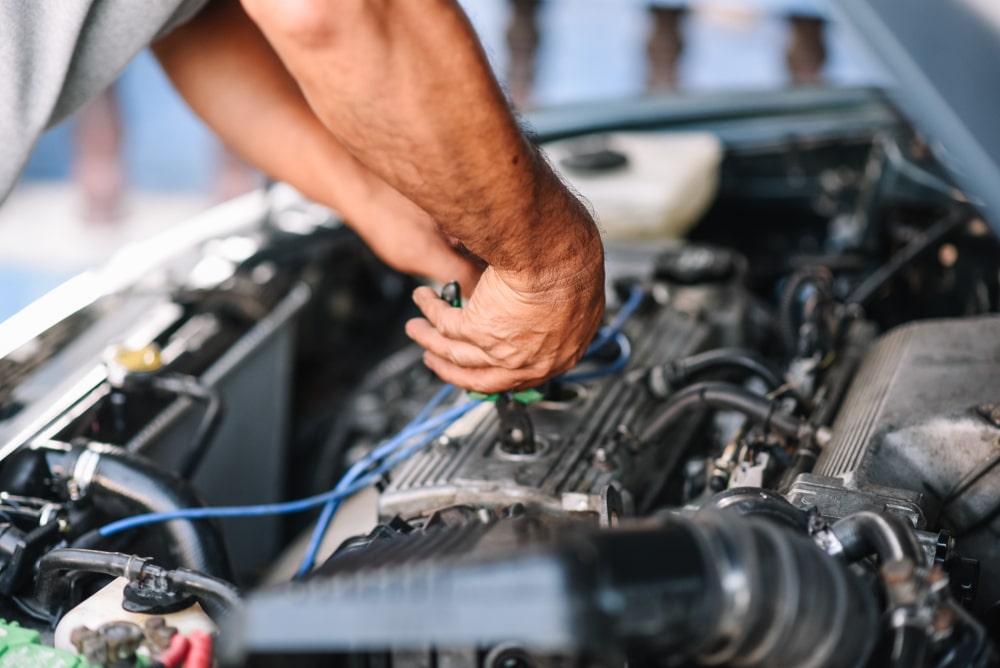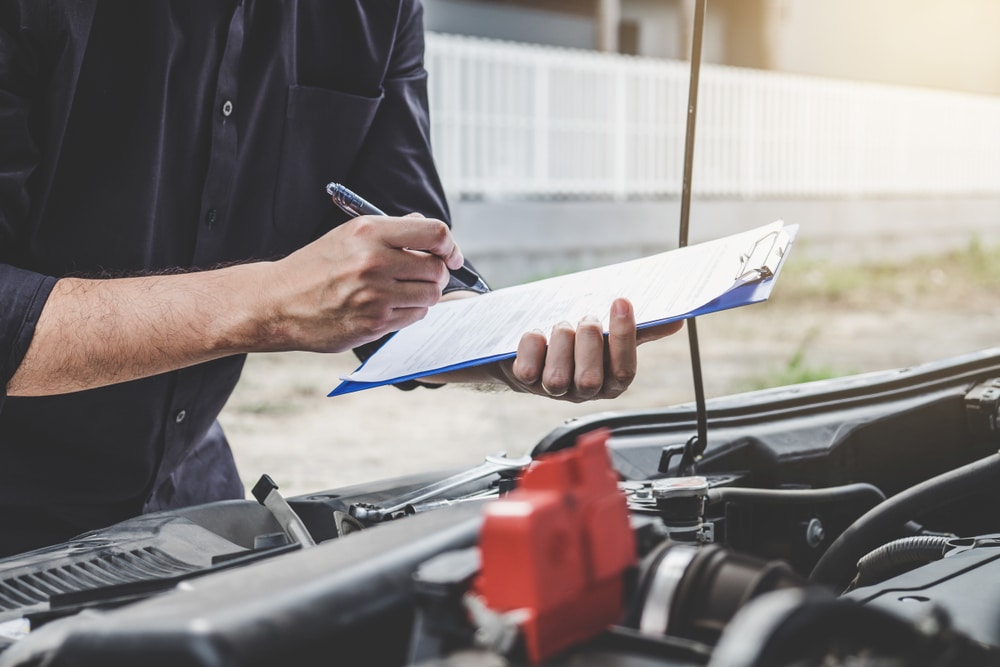The transmission is one of the most critical components of any vehicle, responsible for transferring…

17 Ways Your Car Mechanics Extend the Life of Your Vehicle
Your vehicle is a significant investment, and keeping it in top condition requires ongoing attention. Regular maintenance performed by experienced car mechanics can add years to your car’s lifespan, improve fuel efficiency and enhance overall safety. Whether it’s routine servicing, fluid checks or component replacements, professional care helps prevent costly breakdowns and unexpected failures. In this article, we’ll explore several ways that car mechanics can extend the life of your vehicle and ensure it stays running smoothly for years to come.
1. Regular Oil Changes for Engine Longevity
Oil is the lifeblood of your engine, lubricating moving parts and reducing wear. Over time, oil degrades and accumulates debris, which can cause engine damage if left unchanged. Car mechanics perform routine oil changes using the appropriate grade for your vehicle, ensuring optimal engine performance. Sticking to a scheduled oil change can prevent costly repairs and extend engine life. Mechanics also check for any unusual engine noise or irregularities during this process, helping to detect issues early.
2. Transmission Fluid Checks and Changes
A well-maintained transmission is crucial for smooth gear shifts and overall vehicle performance. Over time, transmission fluid deteriorates, leading to poor gear engagement and potential damage. According to Reasonable Rides, transmission fluid should be changed every 48 to 96 thousand kilometres. Car mechanics check and replace transmission fluid as needed, preventing overheating and costly transmission repairs. Maintaining the fluid at the right levels and condition helps prevent slippage and reduces wear on the transmission system.
3. Tyre Rotation and Wheel Alignment
Uneven tyre wear can lead to premature replacements and poor handling. Car mechanics rotate tyres regularly to distribute wear evenly, improving longevity. Additionally, they perform wheel alignments to maintain straight tracking and reduce strain on suspension components. Proper tyre care enhances fuel efficiency and ensures a smoother ride. This also reduces the risk of sudden tyre failure, especially on long journeys.
4. Battery Maintenance and Replacement
A failing battery can leave you stranded without warning. Car mechanics inspect battery health, clean terminals and check charging systems to prevent unexpected failures. If necessary, they replace old batteries to ensure your vehicle starts reliably every time. Mechanics also check for signs of corrosion on battery terminals, which can impede proper charging and lead to poor vehicle performance.
5. Brake Inspections and Servicing
Your brakes are one of the most critical safety components in your vehicle. Car mechanics check brake pads, rotors and fluid levels to ensure effective stopping power. Replacing worn-out brake pads in a timely manner prevents damage to rotors and maintains optimal braking performance. Mechanics may also check brake fluid for moisture, which can degrade performance and lead to brake failure.
6. Cooling System Checks to Prevent Overheating
The cooling system keeps your engine at the right operating temperature. Mechanics inspect radiators, coolant levels and hoses to prevent overheating, which can cause severe engine damage. Regular flushing of the cooling system removes debris and ensures efficient cooling. Without proper cooling, an engine can overheat, leading to expensive repairs or even engine failure. Car mechanics also inspect fans and belts for wear and tear.
7. Suspension and Steering System Maintenance
Worn-out suspension components affect handling, comfort and tyre wear. Mechanics check shocks, struts and steering components, replacing parts as needed. This not only extends the life of suspension systems but also enhances driving comfort and stability. Regular maintenance can also improve handling, ensuring a smoother ride and reducing strain on the chassis and suspension components.
8. Fuel System Cleaning for Better Efficiency
Over time, fuel injectors and filters accumulate deposits, reducing engine efficiency. Car mechanics perform fuel system cleaning to remove buildup, improving fuel economy and engine performance. Replacing fuel filters at recommended intervals ensures a steady fuel supply and prevents engine issues. A clean fuel system promotes better combustion, optimising fuel efficiency and reducing emissions.
9. Exhaust System Inspections
A damaged exhaust system can affect fuel efficiency and emissions. Mechanics check for leaks, rust and damaged components, ensuring the system operates properly. Timely repairs to the exhaust system contribute to better engine performance and lower environmental impact. Car mechanics also check catalytic converters to ensure they are functioning optimally, helping to reduce harmful emissions.
10. Electrical System Diagnosis and Repairs
From headlights to power windows, modern vehicles rely on complex electrical systems. Car mechanics diagnose and repair faulty wiring, sensors and alternators to keep all systems running smoothly. Proper electrical maintenance prevents sudden breakdowns and enhances vehicle reliability. Mechanics can also check for any issues with the vehicle’s computerised system, ensuring all electrical components function as they should.
11. Air Filter Replacements for Engine Health
A clogged air filter restricts airflow, reducing engine performance and fuel efficiency. Car mechanics replace air filters as part of routine servicing, allowing your engine to breathe properly and operate efficiently. Mechanics may also check for any leaks or cracks in the air intake system, which can reduce the engine’s ability to pull in clean air and affect performance.
12. Timing Belt and Chain Inspections
Timing belts and chains synchronise engine components, ensuring smooth operation. If these parts fail, they can cause severe engine damage. Car mechanics inspect and replace timing belts at manufacturer-recommended intervals, preventing unexpected breakdowns. Regular inspections help detect any signs of wear, such as cracks or fraying, which could lead to costly engine repairs.
13. Regular Diagnostic Scans
Modern vehicles use computerised systems to monitor performance. Mechanics use diagnostic tools to identify potential issues before they become major problems. Early detection of faults helps prevent costly repairs and extends vehicle life. Car mechanics can check for error codes and monitor the health of various systems, including the engine, transmission and brake systems.
14. Power Steering System Maintenance
Power steering fluid degrades over time, leading to stiffness and reduced steering performance. Car mechanics flush and replace power steering fluid to maintain smooth and effortless steering control. They also inspect the power steering pump and belts to ensure proper function, reducing the risk of steering failure while driving.
15. Windshield Wiper and Washer System Checks
Clear visibility is crucial for safe driving. Car mechanics inspect wiper blades and washer systems, replacing worn-out blades and ensuring adequate washer fluid levels. Regular maintenance ensures clear visibility in all weather conditions, making it safer to drive, especially in heavy rain or winter conditions.
16. Headlight and Taillight Inspections
Proper lighting is essential for night-time visibility and road safety. Mechanics check and replace faulty bulbs, clean lenses and ensure electrical connections are intact. Regular inspections of the lighting system also improve safety by reducing the chances of a failure during night driving or poor weather conditions.
17. Comprehensive Safety Checks
During routine servicing, car mechanics conduct safety inspections to identify potential hazards. Checking seatbelts, airbags and other safety features ensures your vehicle remains roadworthy and safe for all passengers. A thorough safety inspection can prevent costly repairs and enhance the overall safety of the vehicle.
Regular maintenance performed by professional car mechanics is key to extending the life of your vehicle. From oil changes and tyre rotations to brake inspections and electrical system diagnostics, every service plays a role in keeping your car running efficiently. By entrusting your vehicle to experienced mechanics, you can prevent costly repairs, improve safety and enjoy a smoother driving experience for years to come. Get in touch with Procheck Automotive today.



